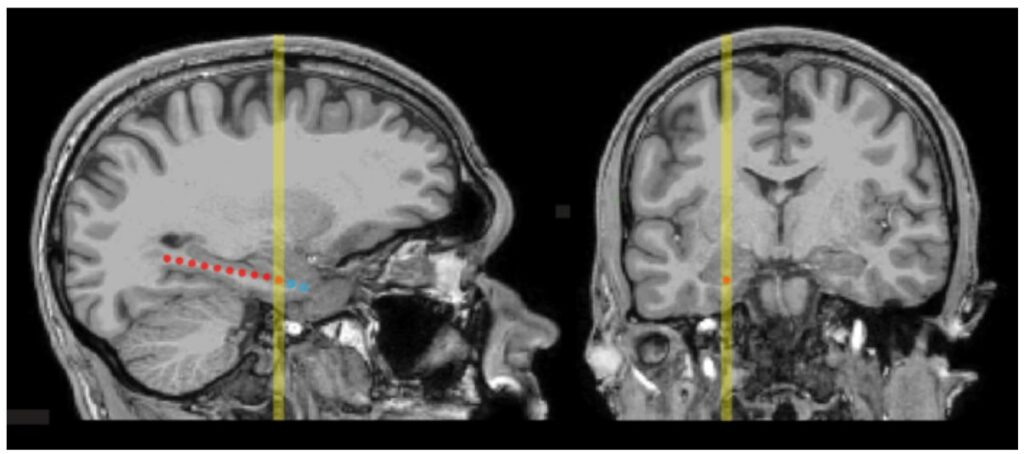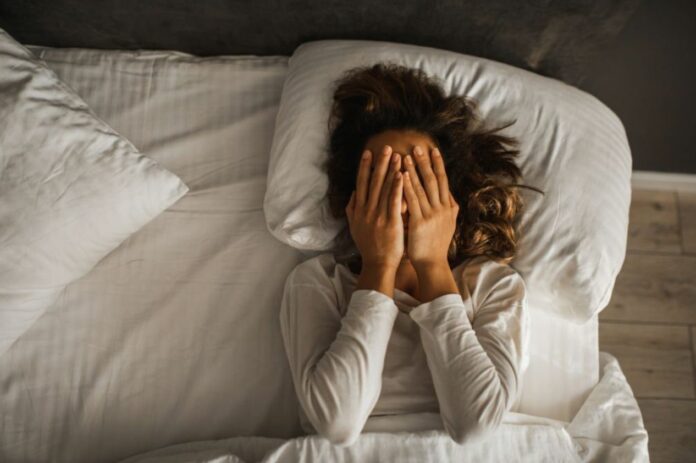A new study delves deep into the brain to see if earlier learning was reactivated during sleep, resulting in better memory.
As part of an educational experiment, a team of neuroscientists from Northwestern University and physicians from the University of Chicago Epilepsy Center monitored the electrical activity in the brains of five patients in response to various noises.
For the study, electrode probes were put into the brains of the five patients who volunteered to take part. This was done to look for possible treatments for their seizure disorders.
This is the first study to record electrical activity from within the brain, while previous studies have only used EEG recordings obtained by electrodes on the head to examine memory processing during sleep.
The results showed that participants’ recollection scores increased by a large margin the following morning. The mapped brain activity allowed the researchers to make significant progress in their knowledge of memory storage by providing visual data identifying the regions of the brain involved in the nighttime memory storage process.
Despite the small number of patients studied, solid results were possible because all five individuals demonstrated the same patterns of memory enhancement and electrical activity.
“We are investigating how people manage to remember the things they’ve learned, rather than forgetting them,” adds senior researcher Ken Paller. “Our view is that sleep contributes to that ability.”
Paller is a psychology professor and the James Padilla Chair in Arts and Sciences at Northwestern University’s Weinberg College of Arts and Sciences.
Researchers from the University of Chicago’s departments of neurology and neurological surgery, as well as those from Northwestern University, the University of Michigan, and Middlebury College collaborated on the study.
The findings were published today in the Proceedings of the National Academy of Sciences (PNAS).

The study
The team collected electrophysiological responses to 10-20 noises that were presented repeatedly to each patient while they slept in a hospital room one night. So as not to wake them up, all the sounds were played very quietly. The jingling sound of car keys, for example, was one of the sounds associated with items and their specific spatial positions that patients had learnt using a laptop computer before to going to sleep.
The results of earlier experiments employing scalp EEG recordings from sleep replicated after sleep showed systematic improvements in spatial recollection. Patients identified remembered places on the laptop screen more precisely.
Object noises presented during sleep induced enhanced oscillatory activity, including increases in theta, sigma, and gamma EEG bands, according to new evidence from implanted brain electrodes.
When the sounds were played while people were sleeping, there was electrical activity in the hippocampus and the nearby medial temporal area of the cerebral cortex, which indicated that the related spatial memories had been activated and strengthened.
Gamma responses were linked to post-sleep spatial memory enhancement. Researchers came to the conclusion that these parts of the brain improve their ability to store memories when they sleep because of this electrophysiological evidence.
“The orthodox assumption used to be that such sounds would be blocked out when people are sleeping,” Paller adds. “Instead, these sounds allowed us to demonstrate that brain structures such as the hippocampus are responsive when memories are reactivated, helping us to retain the knowledge we gain when we’re awake.
“At times, remembering and forgetting seems random. We can remember irrelevant details while forgetting what we most want to remember. The new answer to this long-standing mystery, highlighted by this research, is that memories are revisited when we sleep, even though we wake up not knowing it happened,” Paller said.
Source: 10.1073/pnas.2123430119
Image Credit: Getty
You were reading: Sleep Helps Brain ‘Remember The Things’, And A New Study Reveals How
